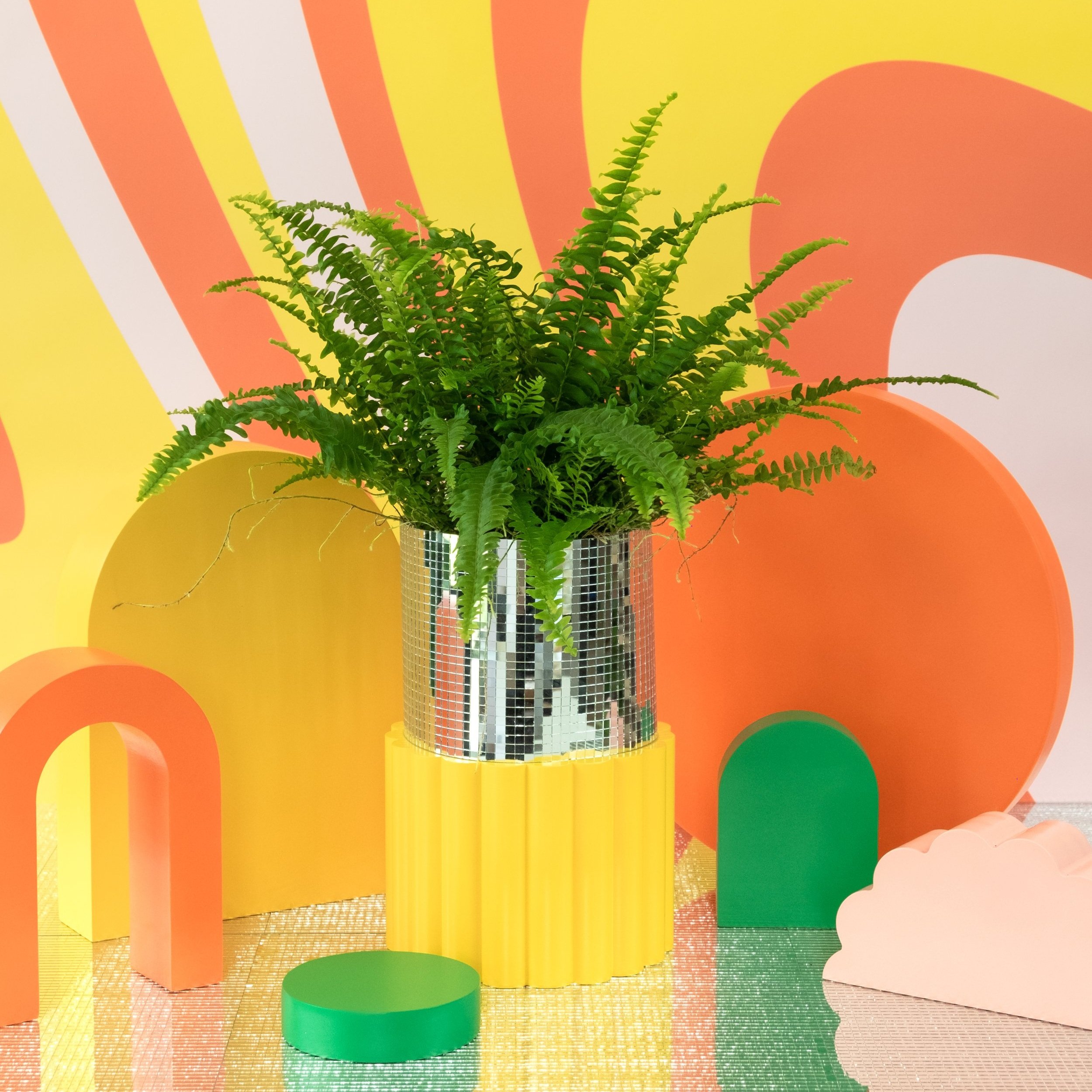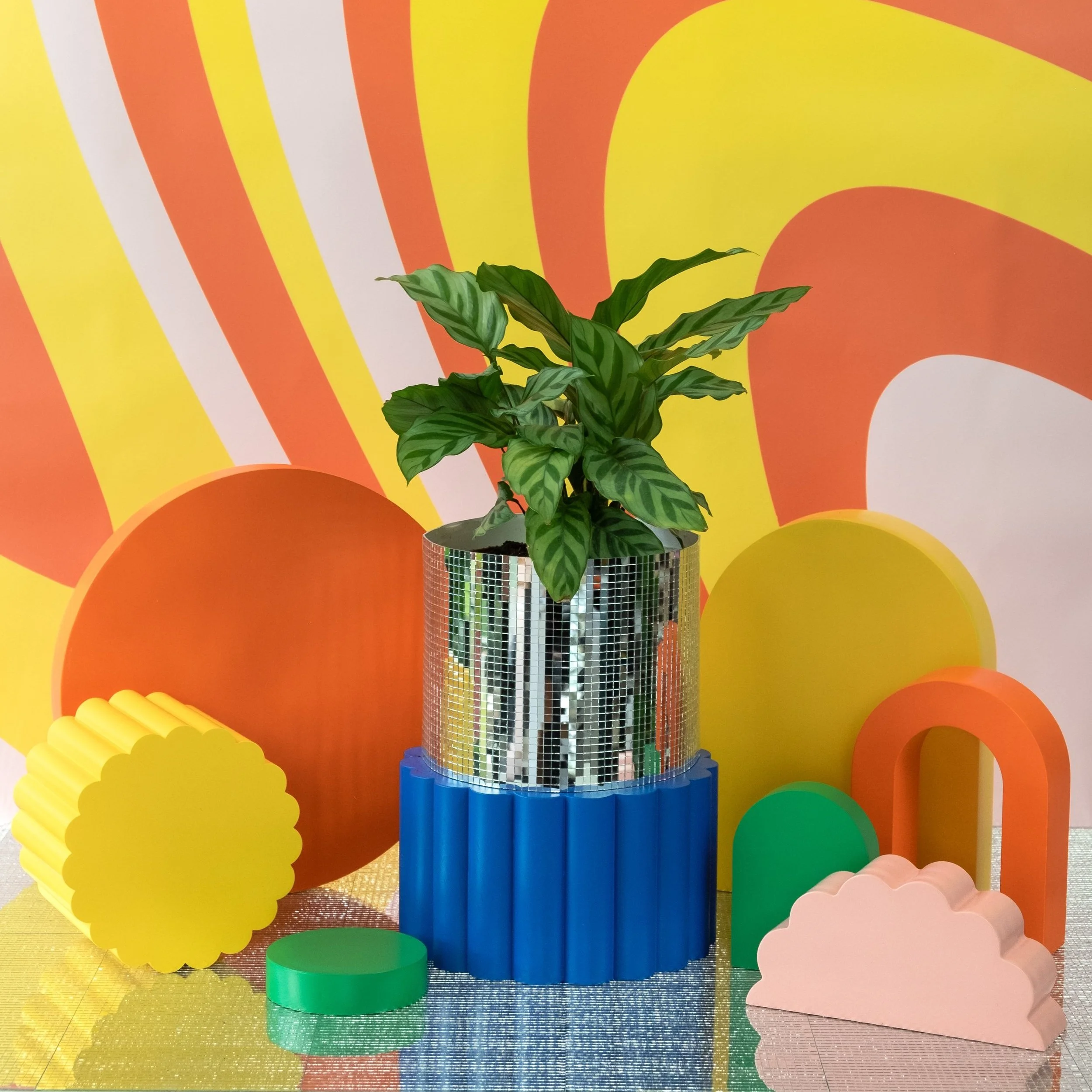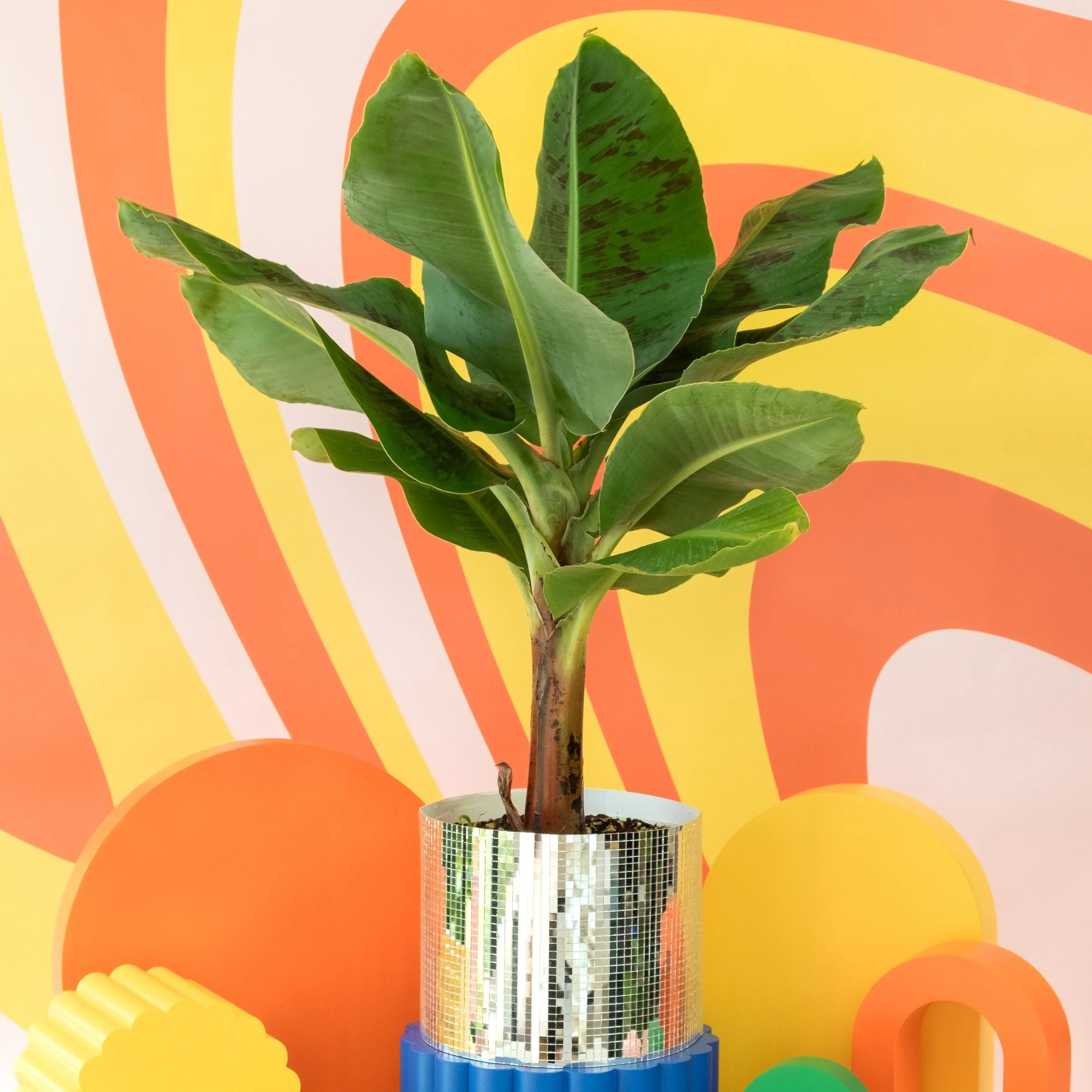Pet Friendly Houseplants.
Houseplants have the remarkable ability to bring life and freshness into our homes. However, as pet owners, you need to be mindful of the plants you choose to nurture. Many common houseplants can be toxic to your furry four-legged companions. The good news is that there are plenty of beautiful and pet-safe options available in the Plants By There shop! Below you’ll find my top pet friendly houseplants that can be nibbled on whilst your’e not looking without causing upset to your fur babies.
It's essential for pet owners to be aware of the potential harm certain houseplants can cause. Here's more information on the harm some houseplants can cause to pets:
1. Gastrointestinal Distress: Many toxic houseplants can lead to gastrointestinal problems in pets. Ingesting parts of these plants, such as leaves, stems, or flowers, can cause symptoms like vomiting, diarrhea, drooling, and abdominal pain. This can lead to dehydration and discomfort for your pet.
2. Toxic Compounds: Various houseplants contain toxic compounds that can affect different organs in pets.
For example:
Oxalates: Found in plants like Dieffenbachia, these can cause irritation and swelling in the mouth and throat.
Alkaloids: Present in plants like Foxgloves, these can affect the heart and lead to cardiac issues.
Saponins: In plants like Aloe vera, these can cause gastrointestinal upset and lethargy.
3. Allergic Reactions: Some pets may have allergies to specific plants, leading to skin rashes, itching, or even respiratory distress if they come into contact with or ingest the allergenic plant.
4. Organ Damage: In severe cases, ingestion of certain toxic houseplants can lead to organ damage or failure. For instance, ingestion of certain lilies can cause kidney failure in cats, which can be fatal if not treated promptly.
5. Neurological Symptoms: Ingesting certain toxic plants can lead to neurological symptoms in pets. This might include tremors, seizures, or changes in behavior and coordination.
6. Fatalities: In some cases, the ingestion of highly toxic plants can be fatal for pets, especially if immediate veterinary care is not sought.
Spider Plant
(Chlorophytum comosum)
Description: Spider plants are known for their air-purifying qualities and are safe to grow around both cats and dogs in your home.
Benefits: They also help to remove pollutants from the air and are very easy to care for, so you can focus more of your attention on your other babies.
Care Tips: The Spider plant thrives in indirect sunlight, alos be sure to let the soil dry out between watering.
Boston Fern
(Nephrolepis exaltata)
Description: Boston Ferns are lush, feathery plants that are safe for all pets in the home; but maybe don’t add one to your fish tank!
Benefits: They humidify the air and are visually appealing in any space and will help bring calm and wellness to its surroundings.
Care Tips: Keep the soil consistently moist but not water-logged and provide it with indirect light for the best growth.
Parlour Palm
(Chamaedorea elegans)
Description: Parlour palms are compact houseplants and very easy to care for - Naturally they are also safe around your pets, even if they give them a chew.
Benefits: Thsi houseplants is well-suited for small spaces and enhances indoor air quality, making them perfect for flats and apartments where your pet may be more tempted to pay it attention.
Care Tips: Provide your Palm with bright, indirect light and keep the soil consistently moist.
Prayer Plant
(Maranta leuconeura)
Description: Prayer plants are known for their distinctive foliage, featuring intricate patterns and vibrant colors.
Benefits: They adds a touch of exotic beauty to your space and are safe around your nosey pets.
Care Tips: Keep the soil consistently moist, provide bright, indirect light, and maintain higher humidity levels - A bathroom is ideal.
Note: Prayer plants get their name from their unique habit of folding their leaves upward at night, resembling hands in prayer - So don’t stress if you think it looks different, your pets hasn’t touched it….I think!
Calathea ‘Freddie’
(Calathea concinna ‘Freddie’)
Description: Calatheas are prized for their stunning leaf patterns and come in various species, all of which are non-toxic to your pets.
Benefits: They are top air purifiers in the home or office.
Care Tips: Place in bright, indirect light, and water when the top inch of soil feels dry.
Banana Palm
(Musa ‘Dwarf Cavendish’)
Description: The Banana Palm, often referred to as the Dwarf Banana or Miniature Banana Plant, is a tropical delight that's non-toxic to pets.
Benefits: It adds a touch of lush, tropical paradise to your home and is safe for your furry friends to interact with, but maybe try to prevent cats climbing them as their stems are soft and fleshy, so ideal for claw scratching.
Care Tips: Provide it with bright, indirect light, and ensure consistent moisture for the best growth.
Cat Grass
(Cyperus zumula)
Description: Cat Grass, also known as catnip grass or pet grass, is a special type of grass that is safe and enjoyable for cats especially.
Benefits: Not only is Cat Grass non-toxic to pets, but it also provides a natural and stimulating treat for your feline friends.
Care Tips: Place it in a sunny spot and keep the soil consistently moist. Cats love to nibble on the grass, which aids in digestion and provides entertainment.
Note: While not a traditional houseplant, Cat Grass is an excellent addition to any pet-friendly home.
Enjoy the beauty of houseplants while ensuring the safety of your pets by selecting pet-friendly varieties like the ones mentioned above. Remember that even non-toxic plants should ideally be placed out of your pet's reach to prevent any mishaps. With these plants, you can create a lush and pet-friendly indoor oasis where both your greenery and furry friends can thrive together.









